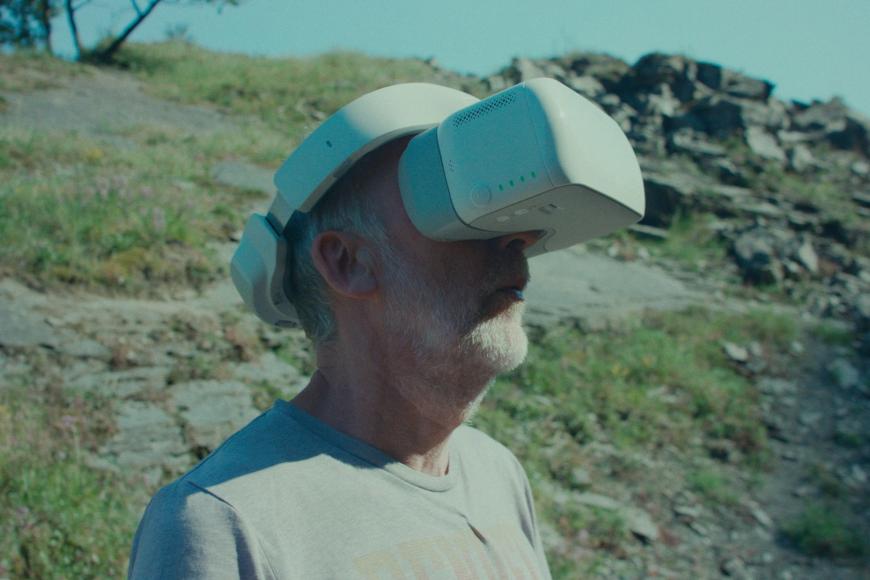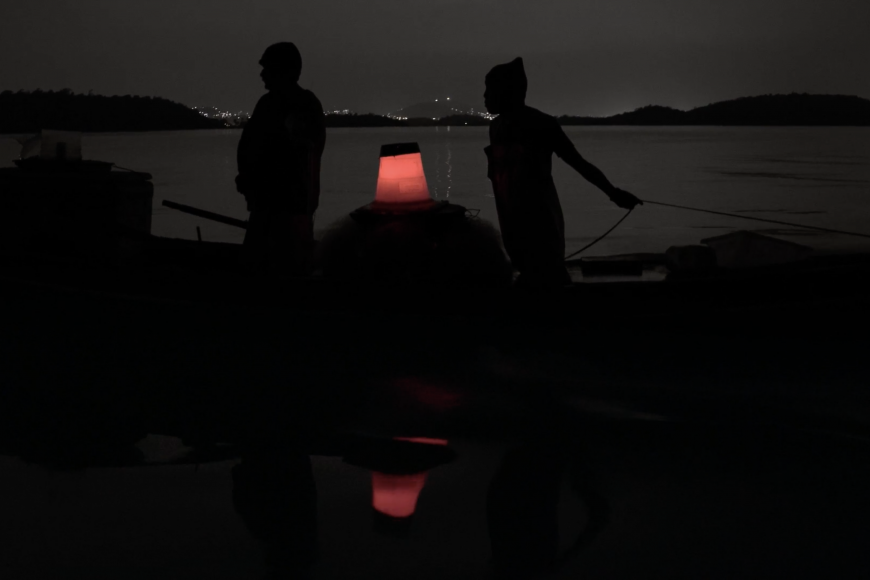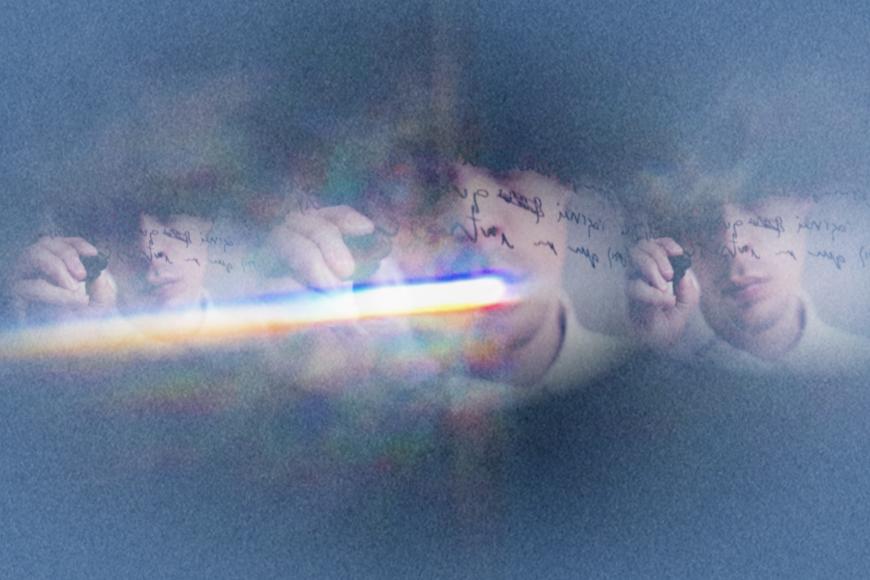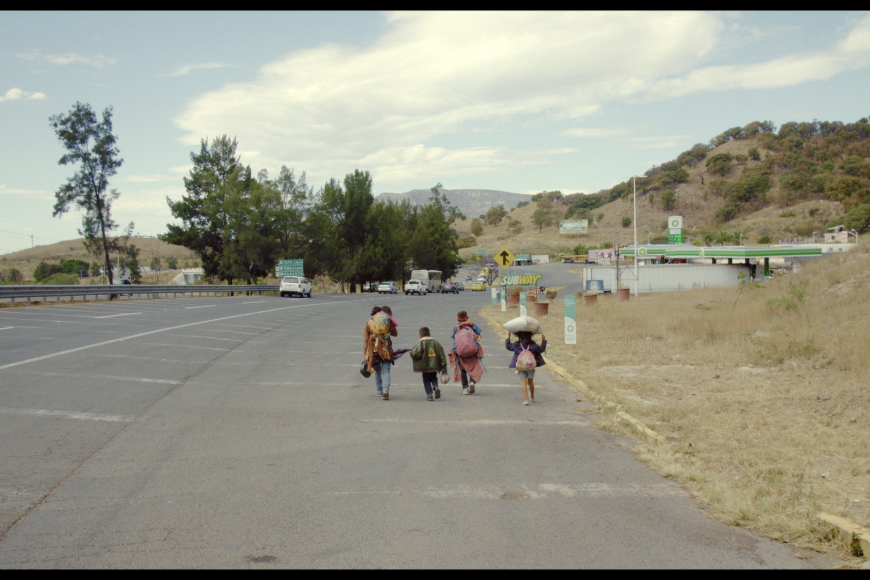
0.2 Milligrams of Gold
8,500 kilometres lie between the Amazon and the Ardennes. In his home country of Brazil, Diego Quinderé de Carvalho only looks at the inaccessible and menacing forest from the outside. Its Belgian counter piece, however, is easy to explore. Here, everything is laid out by people, neatly ordered and reduced to the essentials. A geologist, a gold miner and an astronomer provide insights for a philosophical exploration of the origin of existence and the future of our planet.






